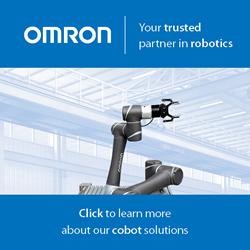RIO (Raspberry IO) Card
Roboteq, Inc launched a kickstarter project named RIO (for Raspberry IO) and aimed at creating an intelligent I/O card that stacks over the $35 Raspberry PI Linux Single Board computer.
Power for the PI from any DC source
RIO includes a 3A DC/DC converter that may be connected to a 10V to 40V DC supply, and generates the 5V needed by the PI and the RIO cards.
21 I/O lines to Connect Just About Anything
RIO provides a total of 8 digital outputs rated up to 1A and 30V max, which may also be used as digital inputs.
The card includes 13 inputs, each of which can be configured as a digital input, 0-5V analog input with 12-bit resolution, or as a timer input. In the timer mode, the inputs can capture pulse width, frequency, quadrature encoder counts, or duty cycle. Most of the input pins can also be configured as PWM outputs for driving RC servos, or dimmable lights.
Serial Connectivity and CAN Networking
Two serial ports are present on the card. One is fully RS232 compliant with programmable baud rate up to 115200 bits/s for connection to motor controllers, scanners, PC or any other RS232 device. The second is RS485 compatible, enabling, among other things, DMX512 connectivity to light show equipement. Optionally, a 3rd serial port uses TTL levels for direct interface to non-buffered, non-inverted USARTs as these found on most microcontrollers, like the Arduino.
A CAN bus interface is also present on the Rio card for connecting to CAN-compatible device, on a low cost twisted pair network at speeds up to 1Mbit/s.
Full Kickstarter details here.
Comments (0)
This post does not have any comments. Be the first to leave a comment below.
Featured Product

